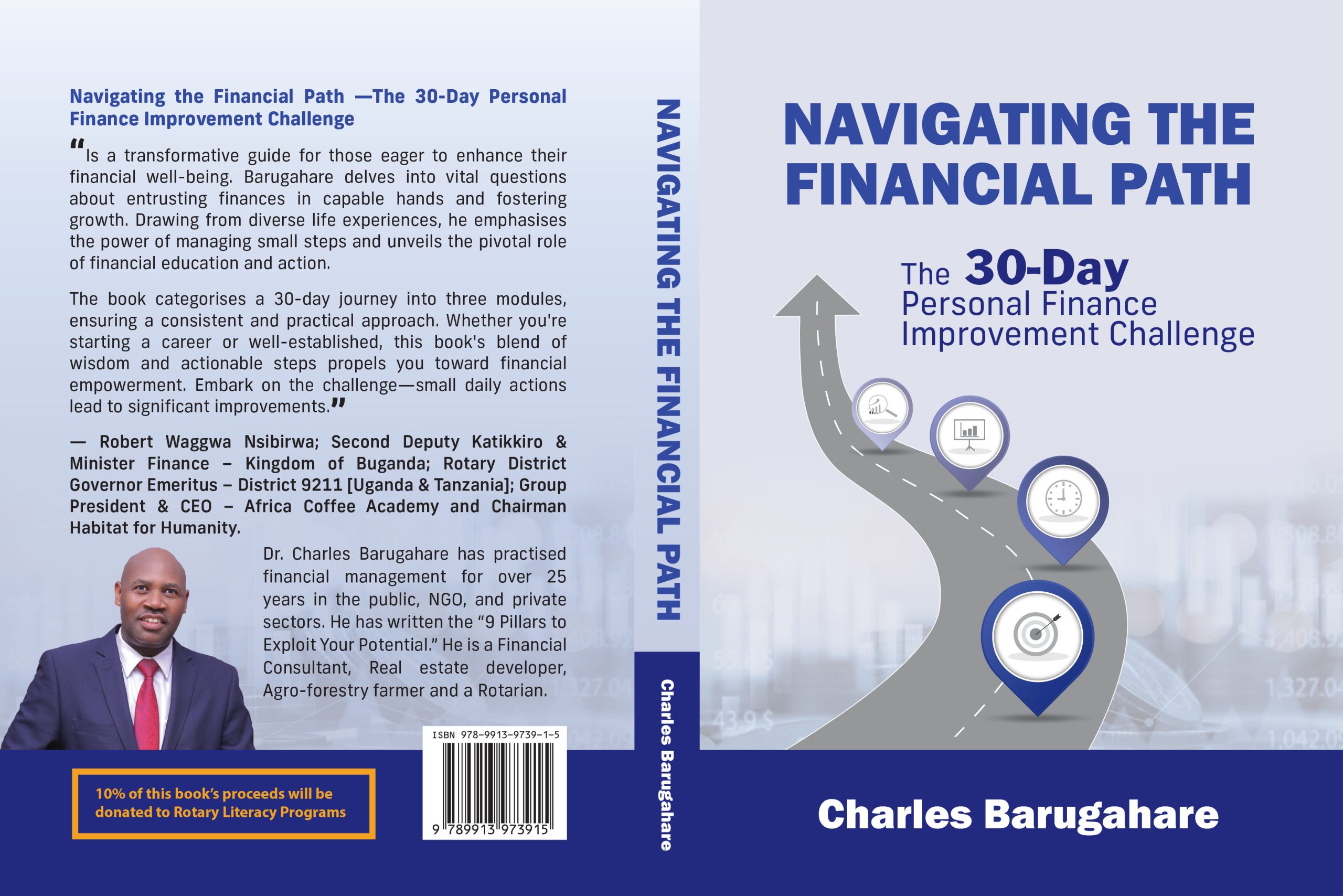Currently Empty: UGX 0

Introduction
Did you know that any form of change has an element of fear or doubt in it? But, when fear begins to interfere with your life’s progress and purpose, then, it is no longer ordinary fear. Breaking the fear of change is to pay attention to and learn how to deal with change. There are various forms of fear ranging from; one job to another, job to business, job to no job at all, earning income to no income, job to retirement and so forth. The hash is, many people have experienced some form of fear in their life time, you are not the first or the last.
What is FEAR?
Fear is basically a threat of harm; physical, emotional, psychological, real or imagined. Examples include; how will people look at me, supposing it does not work, supposing where I go is not as good as where I am and so forth.
What is CHANGE?
Change is the cause to become different; by altering; transforming and converting. It can also mean a shift from one state, condition, subject, place, etc. to another. Change concerns include; you may not easily cope with the new technology demands or to the uncertainty demands of the change and the learning curve required.
What is the cause of fear to change?
This post examines the cause of fear for change and how to conquer it.
The bad news is that several people are trapped in jobs or responsibilities they don’t like but fail or fear to make the next step. What are they worried about? They are worried about fear of failure, change and navigating the unknown territory.
It is the hesitancy to try out a new career opportunity in form of either a new job or starting a new business and other life changes.
Change can be scary—leading to anxiety and some form of paralysis. Most people fear shame and embarrassment in case they fail in their new opportunity or career. It can involve any of the following:
- Losing your current status,
- Trying to circumvent regretting your decision,
- In doubt of starting all over again,
- Hiding under not being good enough.
How Breaking Fear of Change is impactful?
You can begin by understanding clearly what your fears are. What is the reason and underlying cause of your fears? I recommend a four-step process.
First, define your fears.
Identify and gain clarity on what specifically triggers your fears. Self-awareness of your fears is the first step to self-discovery. What are the benefits of the proposed change and what are the costs of the new change? Please endeavour to appreciate your benefits and costs or proposed changes. If you realise the benefits of change exceed the costs of status quo, then not taking action may be harmful to your survival.
Second, consider some preventive measures
You can break down your change in manageable steps. As sometimes emphasised, don’t jump with two legs, test the waters with a stick, then one leg before jumping in water fully. Such a process helps you to minimise risk of failure?
Create a step by step plan of change outlining the actions you need to take. Accomplishing small milestones gradually diminishes your fears and creates confidence for more changes.
Third, seek information and necessary support
Please share your fears with mentors, experts and possibly people who have gone through such changes you are proposing. They will provide valuable insights, guidance and inspiration. Seek knowledge as information dispels fear and empowers you to make informed decisions. You will be more prepared for change if you acquire necessary knowledge and support.
Fourth, repair any damage created by the change
You have to face the facts and real-life realities. Almost everything we do has some elements of success or failure. Embracing failure as normal will not only demonstrate courage and dynamism but can be empowering and rewarding. In the event failure occurs, work positively on repairing the damage and taking corrective actions on aspects you did not do well. Pick the lessons and move on.
Evidence of breaking fear of change
If for example you have been afraid of making a career change, pick a newspaper select a job that meets your profile, take the first step and apply. It is normal not to be shortlisted or not to pass the interview but the lessons from the process will change your outlook to fear. You may get a good job or even get a more stressful one but you carry forward the lesson and experience.
Did you know that Warren Buffet, one of the richest persons on earth was rejected by Harvard University?
Did you also know that Richard Branson, the owner of the Virgin empire, is a high-school dropout? If these and many more had feared change and considered themselves as failures, then, they would not have explored anything else.
In the end, your life is only yours to live, fear of failure will not make it better, in fact it makes it worse. Hold your grip to zero-tolerance to fear of failure and take up life-changes with positivism.
You may also consider fear-setting by Tim Ferriss.’ You may be further inspired.
Please watch Denzel Washington’s Life Advice, it may leave you speechless and inspired. There is high potential to grow into a better person and you might even help others facing a similar challenge.



